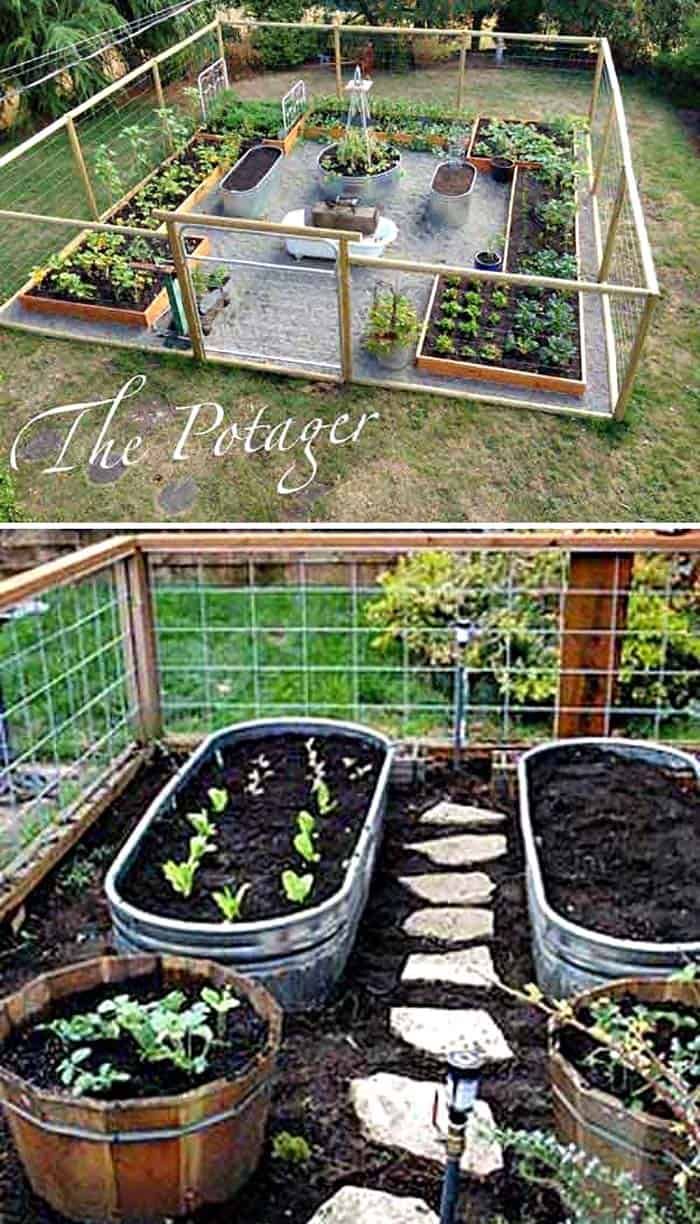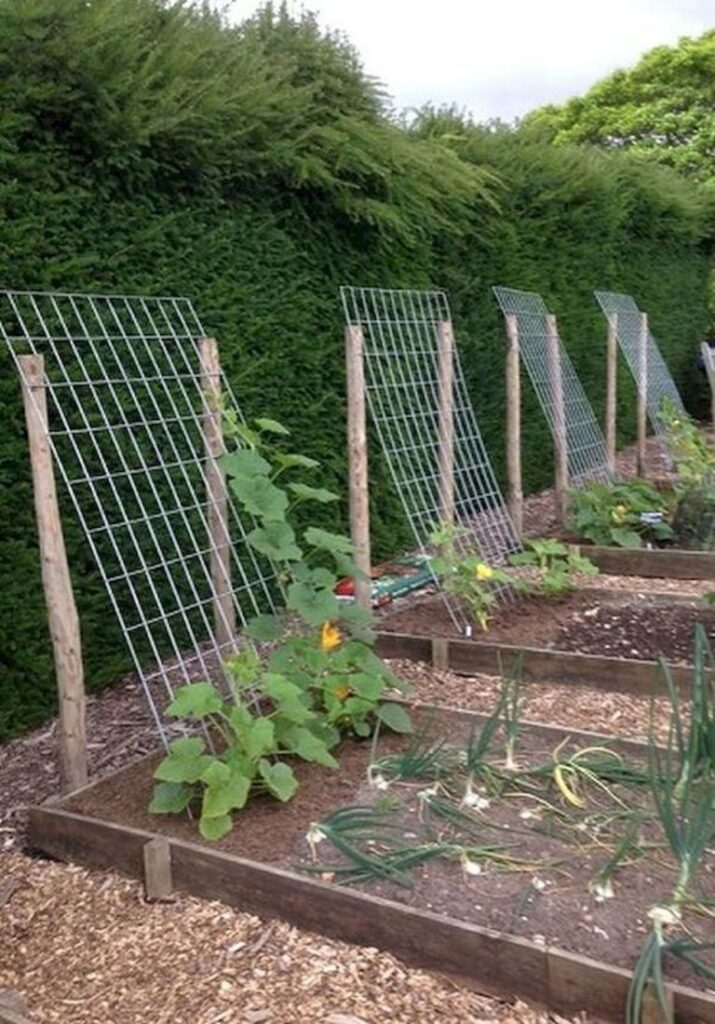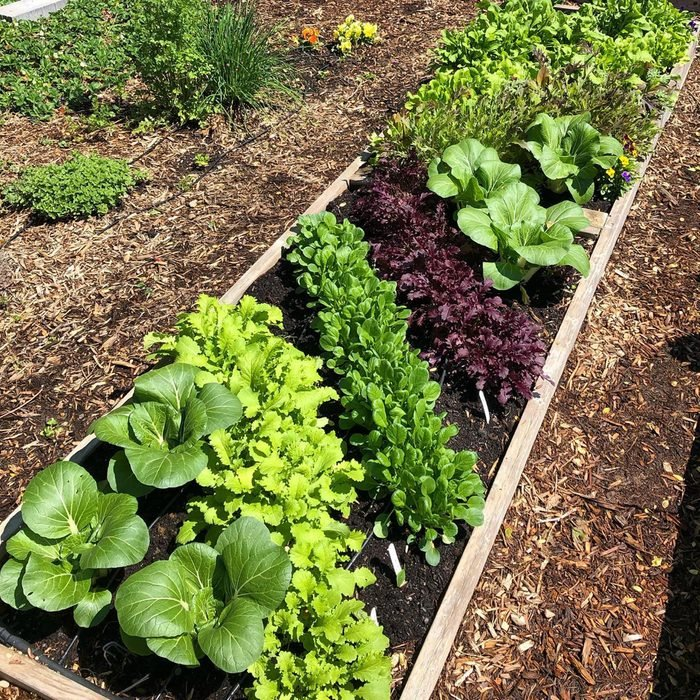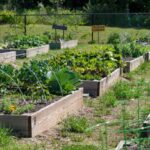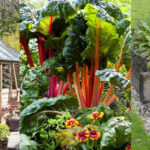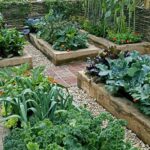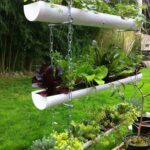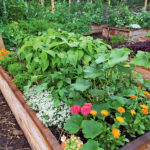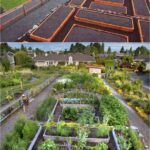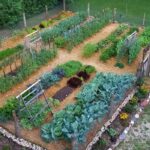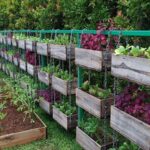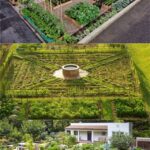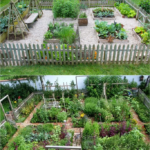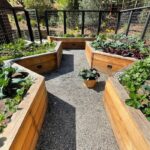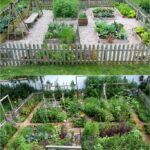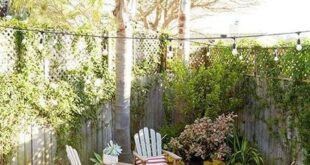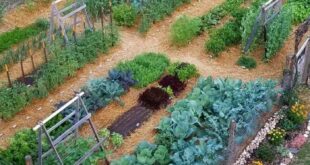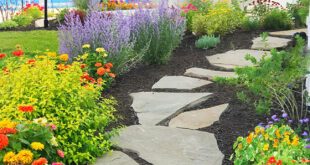When it comes to creating a vegetable garden, there are countless ideas and options to consider. One popular idea is to use raised garden beds. These beds provide a clear boundary for planting vegetables and make it easier to control soil quality and drainage. Raised beds also make it easier to access your plants for watering, weeding, and harvesting.
Another great vegetable garden idea is vertical gardening. This technique involves growing vegetables upwards on trellises, stakes, or other structures. Vertical gardening can help maximize space in small gardens and makes it easier for plants to receive adequate sunlight. Some vegetables that thrive in vertical gardens include tomatoes, cucumbers, and beans.
Container gardening is perfect for those with limited outdoor space or poor soil quality. By using containers, you can grow a variety of vegetables on a balcony, patio, or even indoors. Choose large, deep containers for plants like tomatoes, peppers, and eggplants, and smaller containers for herbs and leafy greens. Just make sure to use potting mix specifically designed for container gardening to ensure your plants have adequate nutrients.
Companion planting is another great idea for a successful vegetable garden. By planting certain vegetables together, you can help deter pests, improve soil quality, and increase yields. For example, planting marigolds next to tomatoes can help repel pests, while growing beans alongside corn can provide mutual support and better growth.
Consider adding edible flowers to your vegetable garden for both aesthetic appeal and added culinary options. Flowers like nasturtiums, calendula, and borage not only look beautiful but are also edible and can add flavor and color to salads, desserts, and beverages. Be sure to research which flowers are safe to eat and how to properly incorporate them into your dishes.
Lastly, implement sustainable gardening practices to reduce waste and environmental impact. Use compost to enrich soil, mulch to retain moisture and suppress weeds, and organic pest control methods to avoid harmful chemicals. By focusing on sustainability, you can create a healthy and thriving vegetable garden that benefits both you and the environment.
 yishifashion Where Outdoor Dreams Become Reality
yishifashion Where Outdoor Dreams Become Reality
